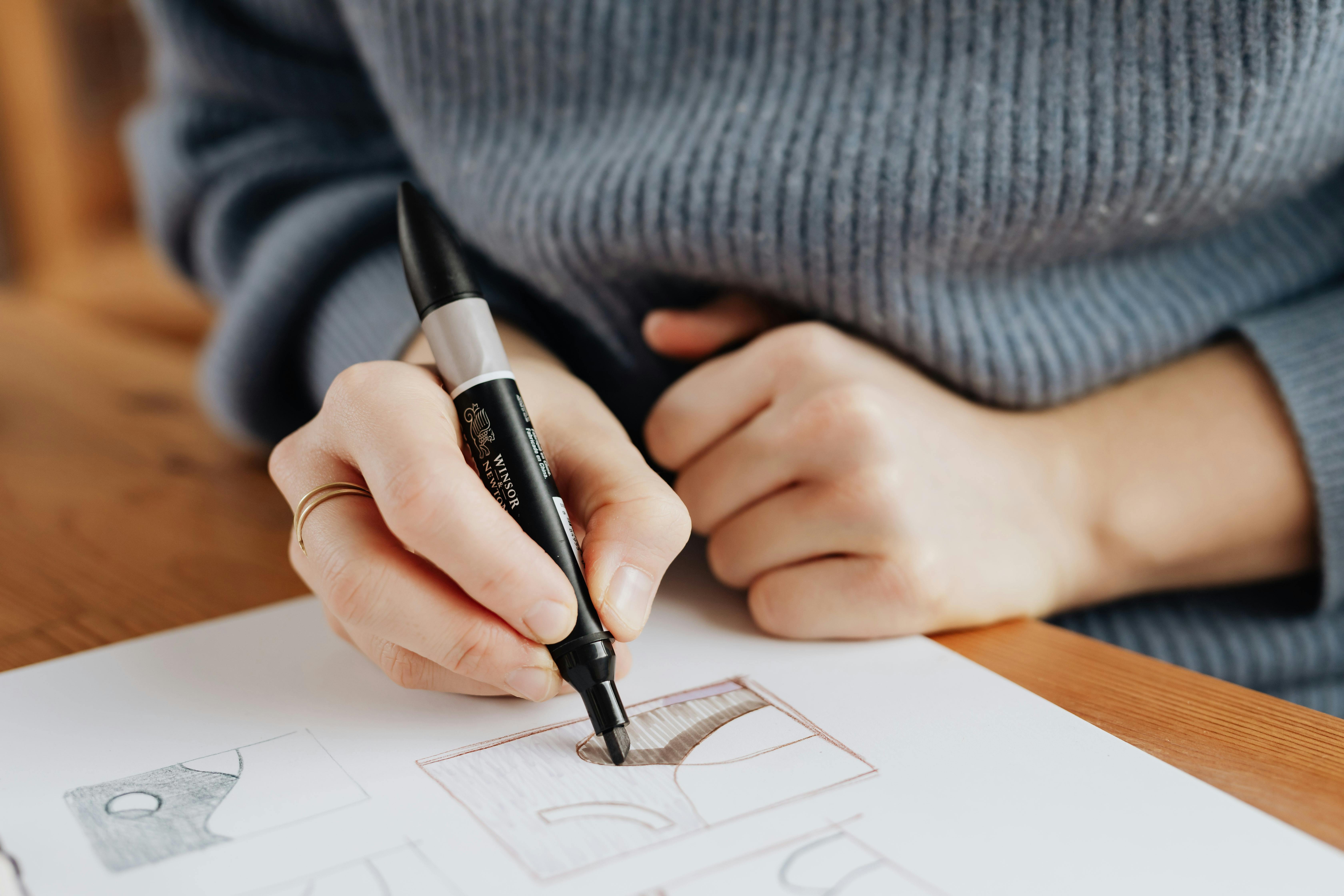Plumbing Use Electricity
It’s no secret that modern homes are more power-centric than ever, supporting an array of electric devices that make our lives easier and more enjoyable. However, many homeowners don’t realize that their home’s plumbing systems also require electricity to work properly. This is especially true during a power outage, when our daily habits can dramatically change how we use household appliances and plumbing fixtures. In this article, we’ll explore the answer to the question “does plumbing use electricity?” and discuss what happens when it does not.
If you live in a single-family home and get your water from the city, it will likely continue to flow during a power outage. This is because most cities rely on electric pumps to transfer sewage and filtered water from their water towers to households. If those pumps fail during a power outage, your toilets will not flush and waste may backup into your home’s plumbing. If you live in an apartment and the building uses pumps that pump water to individual apartments, those will fail as well, resulting in no water flowing into your house.

Likewise, your sinks and shower will work as normal during a power outage. If you have a traditional storage-tank water heater, you will be able to access the hot water that’s in the tank but you should use it quickly because there won’t be any way to keep it warm without power. However, if your home’s sewer system relies on an electric-powered pump to function, you should be careful not to flush the toilets too frequently during a power outage as this could lead to sewage backup.
Does Plumbing Use Electricity?
Whether your pipes freeze during a power outage depends on several factors, including where you live and how long the outage lasts. If you live in a climate that experiences cold temperatures, you may want to disconnect any hoses connected to outside spigots before the power goes out and take other precautionary steps to prevent freezing pipes (e.g., wrapping them in insulation).
Another factor that can affect how likely your pipes are to freeze is the location of the spigots and the distance between the spigots and your home’s foundation. If a storm or flood causes the ground to shift, this can put pressure on plumbing pipes and cause them to freeze and break. If this occurs, you should contact a plumber as soon as possible to prevent water damage. In some cases, a plumber may need to install new pipes. If your home’s piping has frozen and you suspect that it is about to burst, it is important to shut off the water main valve before calling for help. This can prevent the water from flooding your home and causing extensive damage to your property. If you can’t find the shut-off valve, it is crucial to call a plumber immediately.


